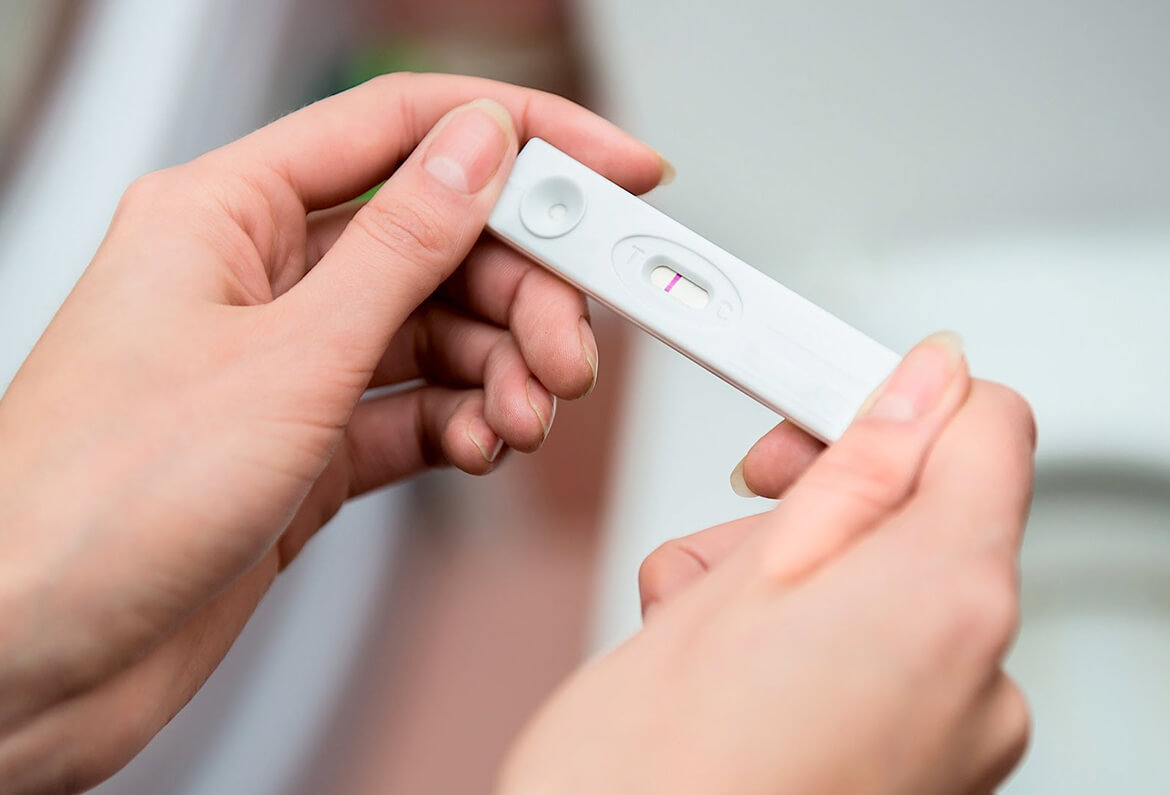Why did my IVF cycle fail?
IVF cycle failure
The pain of IVF cycle failure is evident for the couples aspiring to be parents and for whom IVF is ultimate hope. But it is important for them to understand that they should keep their hopes alive and continue to try. It is possible to improve the chances of IVF cycle success, but before that, they need to understand why the previous cycle failed and the responsibility of explaining this to them is on the shoulders of the treating doctor.
Here are the most common factors responsible for IVF cycle failure.
Embryo Quality
This is the most fundamental factor. It is the egg and sperm that determine the quality of embryo, therefore, is of utmost importance. More often than not, clinics mostly lend their focus to the egg quality and sperm quality issues escape their attention. When identified early some medications can be given pre-IVF to improvise the gamete quality. Also with new advanced methods of sperm selection, it is possible to choose better quality sperm to be used in IVF.
Age
Age has a say when it comes to IVF cycles. Both, quality and quantity, of the eggs, deteriorate as a woman ages. Moreover, age also affects how well the body responds to treatment or how well it is prepared to provide the right environment for the embryo to develop. Although the chances of IVF cycle failure increase with age, we need to note that age is not only a number but a process. With changes in diet, sleep, schedule etc., it is always possible to keep the body healthy and fit and slow down the ageing process. Besides, there is also an option of using donor eggs donated by younger women.
Ovarian Response
Another responsible factor for IVF cycle failure is a poor ovarian response. IVF process involves a medication cycle, which is the stimulation phase to produce optimal number of eggs to maximize chance of IVF success. When the ovarian response is slow or weak the ovaries produce fewer or no eggs at all, the IVF cycle takes a hit. Sometimes even a young woman with good egg reserve may not respond well to the stimulation drugs. This may come as a complete surprise on the day of egg retrieval, however, manipulations of dosages and type of injections or use of adjuvants can improve the response in a subsequent cycle.
Implantation Failure
It is one of the most common reasons for IVF cycle failure. There has to be a conducive environment for the implant to be successful. Even if there are good quality egg and sperm to develop a healthy embryo it requires endometrium to be receptive enough for the embryo to implant. Despite an effective medication and IVF transfer cycle, factors such as the uterine lining, poor blood flow, fibroids, adenomyosis etc. can lead to implantation collapse and therefore IVF cycle failure. Use of endometrial scratch, antioxidants, aspirin, heparin etc depending upon the factor identified can improve the receptivity. Also with use of ERA (Endometrial Receptivity assay) personalised embryo transfer in a predetermined receptive lining can be done to increase implantation success rate.
Lifestyle Factors
What lifestyles women follow also has a grip on the success of IVF cycle. Improper sleep, high BMI, stress, smoking etc. can be decisive in IVF success. Smoking and obesity, in particular, decrease the chances of conceiving significantly.
Although the IVF fail can be devastating for the couples, it should not be the end of hope for them. If you are a couple and have just faced the IVF cycle failure, meet your fertility specialist to understand the responsible factors and chances of fertility in the next IVF cycle and go ahead with the process.
To understand more about the procedure, consult Dr. Rhythm Gupta, Infertility specialist in Delhi. To book an appointment, call: +91-9868040808 or email: drrhythmgupta@gmail.com


